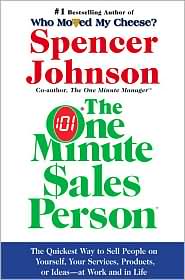Google's Custom Search is easy to set up, inexpensive, and very effective.
- The free version (illustrated below) has ads in the results
- For $100, they'll take the ads off.
- Illustrated is the very basic version that literally took 5 minutes to set up
- There are many options for putting the results within your own website's style, a frame, a separate page ... all the stuff you'd expect Google to do
- Best of all: you can aggregate results from multiple sites. See the 2nd example below!
Searching one site
I needed a prototype custom search of one website to show some buddies, and it took literally 10 minutes to set up:Go ahead, give it a try! (Keep in mind, it searches just that one site).
Remember, the results will be on a very plain web page, because I didn't bother setting it up to match your site's style sheet. It's pretty easy to work with, as you'd expect, since you're dealing with the industry leader.
Searching Multiple Sites!
Imagine a topic that is covered by several sites. For example, information on lawyers in Washington States is spread across one State Bar, multiple County Bars, various specialty organizations and the state courts. You don't want to use plain ol' Google, because that tends to mix results from Washington State with Washington D.C., not to mention Washington University in St. Louis. Instead, you figure out which sites you want to search all at once and here you go:Try it. For example, search on "PBLAC" to discover that both wsba.org and the Washington Courts have important information on it.
Let me emphasize that the annoying ads can go away if you pay Google a one-time fee of $100. This is a total BARGAIN! for many organizations!
 These easily folded cardboard boxes are designed to fit 18 inches of standard sized paper files, which makes them carry about the same as 2 standard grocery bags. They fits nicely into shopping carts and the back seat of cars. Their handles are strong and they don't flop over when you drive.
These easily folded cardboard boxes are designed to fit 18 inches of standard sized paper files, which makes them carry about the same as 2 standard grocery bags. They fits nicely into shopping carts and the back seat of cars. Their handles are strong and they don't flop over when you drive. 